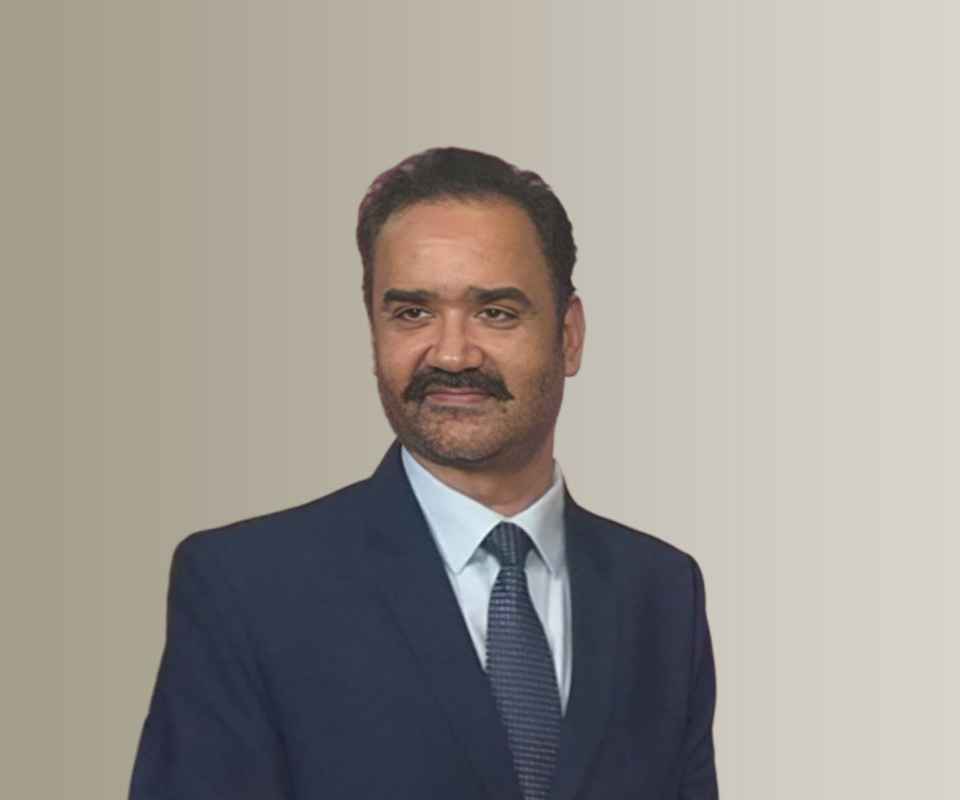Answer By law4u team
A person in a civil partnership cannot marry someone else until their existing civil partnership has been legally dissolved or they have gone through the legal process to end the partnership. The civil partnership must be formally terminated before an individual can enter into a marriage with another person. This ensures that they are legally free to marry.
Steps to Marry After a Civil Partnership:
Dissolving the Civil Partnership:
Before entering into a marriage, the individual must dissolve the civil partnership. The dissolution process is similar to divorce and involves filing a petition for dissolution with the court.
The dissolution process involves settling financial matters and possibly child custody arrangements if applicable. Only once the dissolution is finalized can an individual legally marry someone else.
Finalizing the Decree of Dissolution:
A formal court order (decree of dissolution) must be obtained to end the civil partnership. Until this order is granted, the person is still legally bound by the civil partnership.
Legal Right to Marry:
Once the dissolution is final and the person is no longer in a civil partnership, they can legally marry someone else. They would follow the same process for marriage as any other individual who has not been in a previous civil partnership.
Exception for Converting Civil Partnerships:
In some jurisdictions, such as the UK, individuals in a civil partnership may choose to convert their civil partnership into a marriage. If they convert the civil partnership into a marriage (for example, by attending a marriage ceremony), the partnership is considered legally ended, and they can marry their new partner immediately. This process is different from dissolution but still requires the civil partnership to be formally ended before any new marriage.
Example:
Let’s consider an example where Sarah and Emma are in a civil partnership. After five years, Sarah decides to marry Michael.
Sarah must first dissolve her civil partnership with Emma. She files a petition for dissolution, and after the court grants the decree, the civil partnership is officially ended.
Once the dissolution is final, Sarah is legally free to marry Michael. She can then proceed with the marriage registration and ceremony.
Alternatively, if Sarah and Emma choose to convert their civil partnership into a marriage (where legal), they could do so without waiting for a dissolution process, and Sarah could then marry Michael immediately after the conversion.







